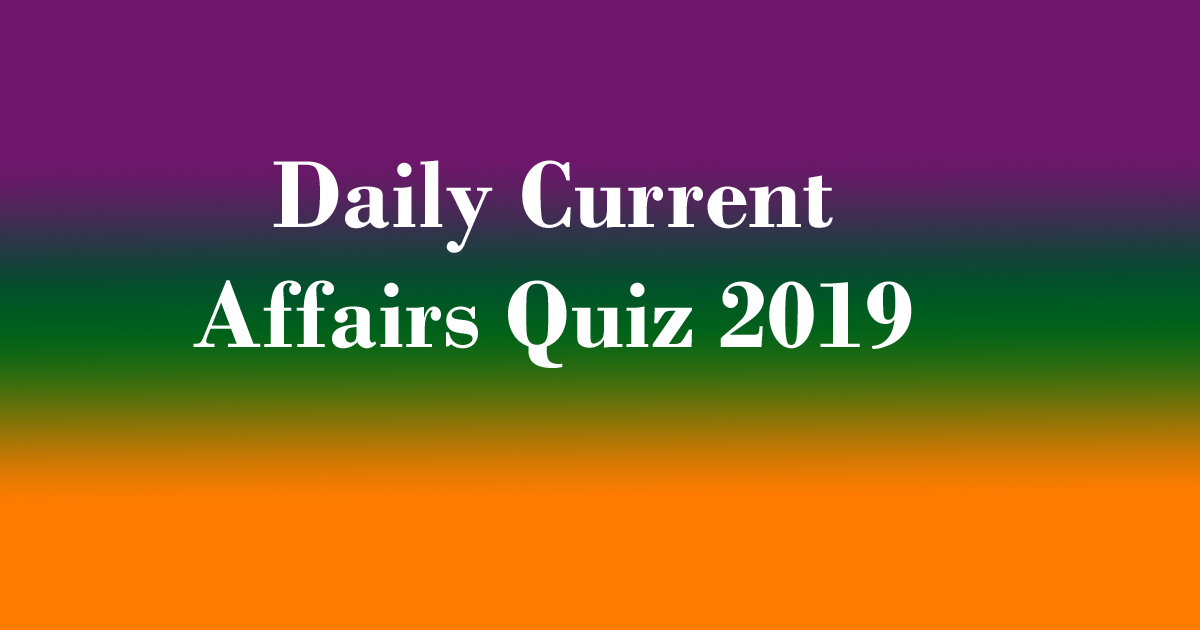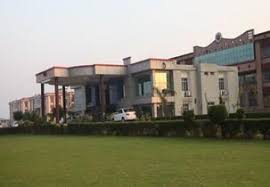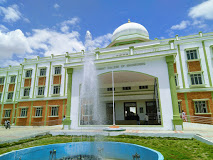
Having moderated its position on engaging with the Taliban, India has now spelt out its three new ‘red lines’ drawn by India for talks on Afghan peace process. First of all that “all initiatives and processes must include all sections of the Afghan society, including the legitimately elected government”. This is important as, in the past, the Afghan government was often sidelined by international interlocutors when they engaged with the Taliban. This also means that there is acceptability in Delhi about talking to the Taliban — since they represent a “section of the Afghan society”.
Daily Current Affairs Quiz 2019
The second is that “any process should respect the constitutional legacy and political mandate”. This means that the achievement of establishing democratic processes and human rights, including women’s rights, should be respected.
The third is that any process “should not lead to any ungoverned spaces where terrorists and their proxies can relocate”. This is crucial for India, as it points out the threat from terrorist groups including the Haqqani network, Al Qaeda, Islamic State, which must not be allowed to operate there. Also, the Pakistan-based terrorist groups like the Lashkar-e-Taiba, Jamaat-ud-Dawa, and Jaish-e-Mohammed must not be allowed to relocate.
These new “red lines” are going to be India’s new mantras, even as it pushes for a peace process which is Afghan-led, Afghan-owned and Afghan-controlled. At the London conference in 2010, India had made a quiet but significant shift — as it had played along the “red lines” for engaging with the Taliban. New Delhi had then said that it is for the elected government of Afghanistan to draw the “red lines” or lay down terms and conditions for negotiating with the Taliban. The Afghan government had stated that the “Taliban must accept the Afghan Constitution, renounce violence and sever all ties with al Qaeda and other terrorist organisations”.
While India stuck to these “red lines”, as the US, China and Russia brokered reconciliation and peace talks between the Afghan government and the Taliban, New Delhi made another quiet shift over the last couple of years. It stopped public articulation and insistence on these “red lines”, and just said that the peace process should be “Afghan-led” and “Afghan-owned”.
In May this year, India said it is committed to “any process” which can help Afghanistan emerge as a united, peaceful, secure, stable, inclusive and economically vibrant nation, with guaranteed gender and human rights. This was in sharp contrast to India’s position over the last few years, where it had always supported “Afghan-led, Afghan-owned, and Afghan-controlled” process, with participation of the Afghanistan government.
There was considerable pushback from Kabul on the shift, and India has now again started using the “Afghan-controlled”, “Afghan-led” and “Afghan-owned” line.
Spelling out these terms on Thursday, the MEA’s official spokesperson Raveesh Kumar said: “We believe that all initiatives and processes must include all sections of the Afghan society, including the legitimately elected government. Any process should respect the constitutional legacy and political mandate and should not lead to any ungoverned spaces where terrorists and their proxies can relocate. We have supported a national peace and reconciliation process which is Afghan-led, Afghan-owned and Afghan-controlled. This has been communicated to all our partners and we are quite confident that our points of view will be part of any peace and reconciliation process in Afghanistan.”He said that apart from the US, India is in regular talks with other active players like all political forces in Afghanistan, Russia, Iran, Saudi Arabia, and China on this issue.
India, which was not part of the recent talks in which the US, Russia, China and Pakistan shared the table on the Afghan peace process, will be briefed by the German special envoy on Afghanistan and Pakistan, Markus Potzel.
Potzel, who will meet Foreign Secretary Vijay Gokhale and senior Indian officials, will brief them on the talks in Doha. “We wish to see India play a role in the regional format,” he said in Delhi, ahead of his official meetings.
About Afghan (Afghanistan)
Capital: Kabul Trending
Currency: Afghan afghani
President: Ashraf Ghani
Points of interest: Wakhan, Minaret of Jam, MORE Official languages: Pashto, Dari





